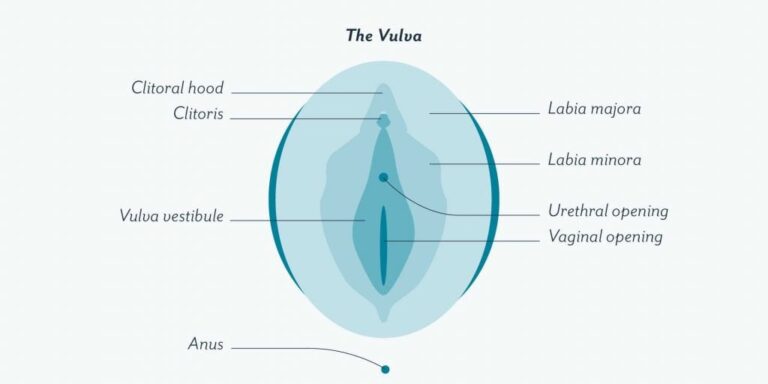Many women don’t know the difference between vaginal health and vulva hygiene. And when it comes to intimate hygiene, women must take care. Otherwise, it leads to many long-term health issues like yeast infection, bacterial infection, itching.

The vagina is a self-cleaning organ. And you must take care of your vulva hygiene. The vulva is the outer portion of the vagina that includes vaginal lips.
Here are 5 alerting signs your intimate area is indicating, you are not aware of the following:
- Unusual Odor: If a fishy smell or foul-smell is coming from your vagina, it means you have got a bacterial infection.
- White Discharge: Sticky, thick white discharge is the sign of yeast infection. And some more symptoms of yeast infection are irritation, burning sensation. Or you can feel swelling in the vulva area.
- Burning sensation during or after sex: If you feel a burning sensation during intercourse or after it, it is a clear sign of getting bacterial infections. You should be alert and take steps for treatment.
- Itching during or after the menstrual period: Many women cannot identify any symptoms of bacterial infection. However, you may have a bacterial infection at any time of the menstrual period that results in itching, swelling in the vulva area, and dryness. Long-time use of the same sanitary pad can easily cause infections.
- Greenish or yellow Discharge: Green or yellow discharge, burning sensation during urination, pelvic pain, or pain during sexual intercourse is the symptoms of chlamydia or Gonorrhea.
Some Preventive Measures you can follow to keep your vulva healthy:
Awareness can prevent you from viral, fungal, or bacterial infection. Also, your lifestyle changes can keep you and your intimate area healthy. Here are some lifestyle-changing tips that will help you.
- Avoid wearing tight pants, jeans because our skin cannot breathe through tight clothes. And it can increase humidity around intimate areas. Therefore, it will be friendly for bacteria and appropriate for bacterial growth. Important to note, avoid using synthetic underwear and use cotton underwear daily.
- Change your sanitary pad within four to a maximum of eight hours. Long hours of sanitary napkins can give you a bacterial infection, itching, and irritation.
- Avoid using fragrant soap or spray for the intimate or vaginal area. Soap imbalances the pH of your vaginal area. And you feel dryness there. Not just that, soap will destroy good bacteria. Instead of soap, use intimate wash perfectly manufactured to clean vulva, maintain pH balance, and good bacteria.
- Clean your vulva area before or after sexual intercourse to avoid bacterial infection and maintain feminine hygiene.
- Change your underwear daily, and if you are allergic to latex then do not use latex condoms.
Summary
Infection in a woman’s vulva area and vagina can cause yeast, bacteria, or virus. And of course, infection will irritate and painful. Some infections or diseases can occur through sexual transmission. It will be better to visit the doctor if you feel unusual discharges and lower abdominal pain.Your lifestyle changes and maintenance of hygiene will provide you healthy intimate hygiene and disease-free life.




